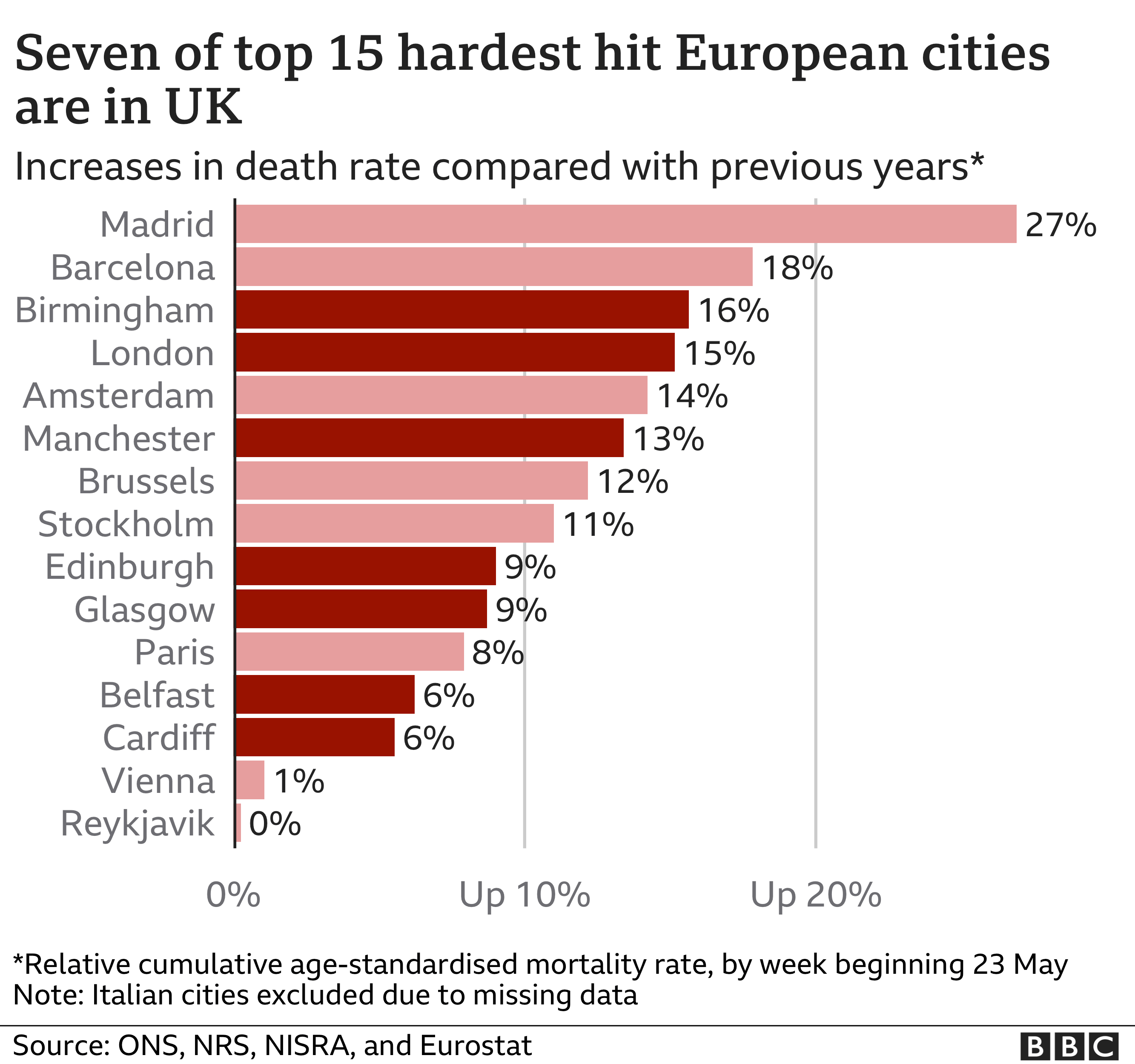https://www.thetimes.co.uk/edition/scot ... -r6j0bf9cn
Branded masks fit with an identity obsession
Tacky merchandise and other tat help the SNP sell the lie that only nationalists can be true Scots
Alex Massie
Tuesday July 28 2020, 12.01am, The Times
Share
Save
No one has ever accused Nicola Sturgeon, or indeed any other nationalist politician, of lacking chutzpah. Even so there was something breathtaking about the manner in which the first minister greeted Boris Johnson’s visit to Scotland last week. According to Ms Sturgeon, the prime minister was guilty of “politicising” the current coronavirus emergency. Well, fancy that.
As ever, though, the first minister’s complaints were revealing. Not so much because they were interesting or especially well-founded — for they were not except in so much as all prime ministerial activity has a political component — but for the light they shed on nationalist thinking. In disputing Mr Johnson’s reasons for being in Scotland the first minister, speaking on behalf of her party and her movement, intimated that there was, somehow, something unseemly or improper about the prime minister coming to Scotland. Nicola, and Nicola alone, speaks for Scotland; Boris can jog on.
For all that the first minister’s handling of the virus — or at any rate, her handling of the communications part of the job — has earned her some plaudits it bears repeating that half the country did not vote for her party at the most recent general election. Ms Sturgeon is first minister but, no matter how many nationalists may insist otherwise, she is not the will of the Scottish people made flesh. She represents Scotland but she does not speak for the whole country. Sometimes it is easy to think nationalists forget this. The saltire no more belongs to the SNP than to any other political party.
But then the nationalist routinely conflates party with country. The SNP stand up for Scotland and represent the authentic voice of the Scottish people. From which it logically follows that the SNP’s opponents must be inauthentic and suspect and, simply by virtue of disagreeing with the nationalists, lesser Scots than those with the good sense to support the SNP. Just as the left naturally considers itself morally superior to the right, so far too many nationalists presume themselves better than those with the temerity to disagree with them. As always, this is an exhausting business.
This is both the age of identity politics and an era of hurt feelings, each of which is fertile territory for nationalism. Politics is not so much local as it is personal and in Scotland much of the time that means wrapping oneself in the flag and identifying with the SNP to a greater extent than is wholly healthy. So much so, indeed, that the modern nationalist is an easily bruised creature: as many as 50 per cent of SNP voters consider criticism of the party’s policies a personal insult.
If that is not altogether healthy, a trip to the party’s online shop does nothing to disabuse one of the view that the SNP is increasingly a kind of lifestyle branding exercise. There, amid the usual branded clothing, pins, mugs and other political tat you may purchase, for the bargain price of £39.99, a limited edition independence paperweight “crafted by none other than the first minister herself”.
Keen supporters may also purchase SNP-branded facemasks as well as others sporting the party’s badge and the slogan “Scottish N Proud” — a case of protesting too much if ever there was one. As you would expect, opposition politicians have accused the SNP of cashing-in on Covid-19 and exploiting the virus for the party’s own ends. Well, they would say that, wouldn’t they?
As an aesthetic matter, modern Scottish nationalism rises to the level of kitsch on its better days but, as the SNP facemasks demonstrate, spends most of its time mired in naffness. It is so busy admiring itself it has no room for anything else. Perhaps this is why the nationalist movement has yet to produce any artistic work of any great interest or value. (James Robertson’s And the Land Lay Still may come closest but it was published a decade ago.) Certainly, the pro-independence marches that were a feature of metropolitan life until the virus’s arrival present a highly stylised, clichéd, picture of Scottish life that wouldn’t look too out of place on the set of Brigadoon. It would be funny if it weren’t all taken so seriously. But then politics has little place for the kind of knowing irony enjoyed and promoted by the long-suffering foot soldiers of the Tartan Army.
Although the SNP talks a good game on the subject of allowing an open and generous and expansive definition of Scottishness this is in large part conditional upon having the proper, which is to say independence-supporting, political opinions. So long as that condition is met, anything else goes, which is why an old Tory such as Fergus Ewing can share a party with a young Bennite such as Mhairi Black.
It is, however, by definition an exclusionary nationalism which has little space for adherents to another, rather different Scotland. This other place is not necessarily enthused by “British nationalism” but, rather, is indifferent to nationalism of any stripe. It is happy without politics and relaxed about its identity.
That is an increasingly unfashionable view, however. We might wish it differently but we cannot wish away reality. Everything in Scotland is political nowadays and will remain so for some time yet.
Come on then Nats, fess up who has bought one of the SNP face masks?
